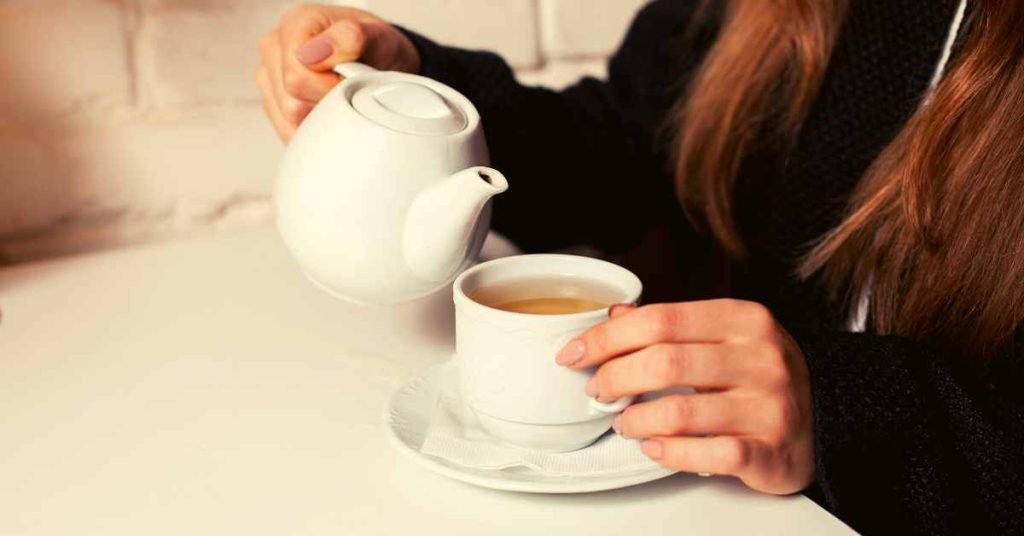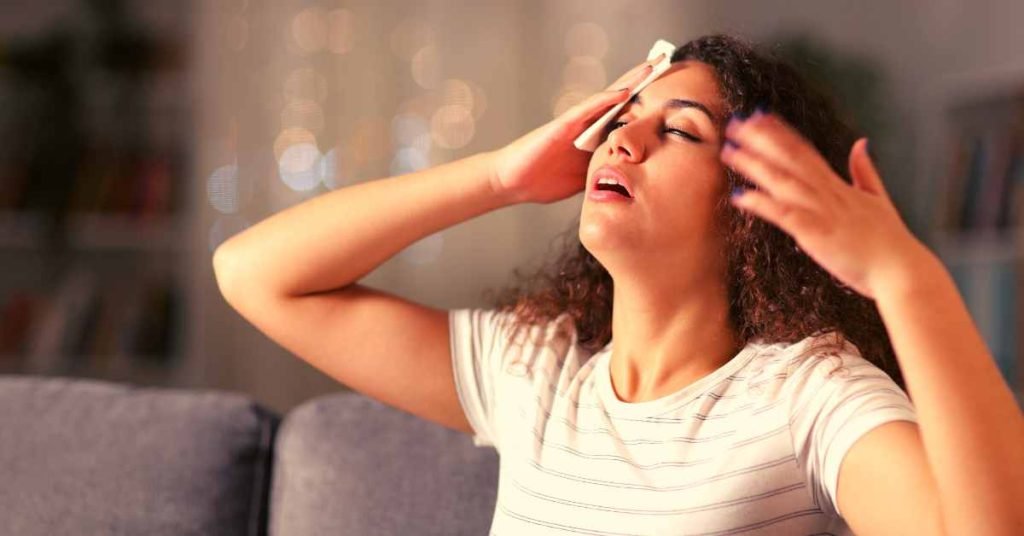Among the many virtues of tea, it can play a crucial role in combating dehydration, a common issue that affects people of all ages.
Dehydration occurs when the body loses more fluids than it takes in, leading to a range of health problems.
In this article, we will explore how tea can be an effective and enjoyable remedy for dehydration, as well as the different types of tea that can help rehydrate your body.
Understanding Dehydration

Before delving into how tea can help with dehydration, it’s essential to understand what dehydration is and its various causes and symptoms.
Dehydration occurs when the body loses more fluids than it takes in, and this can happen for several reasons:
- Inadequate fluid intake: Not drinking enough water throughout the day is a common cause of dehydration. Busy schedules, distractions, or simply forgetting to drink water can lead to this issue.
- Excessive fluid loss: Activities that cause excessive sweating, such as vigorous exercise, hot weather, or illnesses like fever and vomiting, can lead to fluid loss.
- Diuretic substances: Consuming diuretic substances, such as caffeine and alcohol, can increase urine production and contribute to dehydration.
Dehydration symptoms can be mild or severe and usually include:
- Thirst
- Dry mouth and dry skin
- Dark urine
- Fatigue
- Dizziness or lightheadedness
- Rapid heartbeat
- Sunken eyes
- Dry, cool extremities
- Confusion or irritability
It’s crucial to address dehydration promptly, as severe cases can lead to heatstroke, kidney problems, and even life-threatening conditions. Now, let’s explore how tea can help combat dehydration.
The Rehydrating Power of Tea

Tea is not only a flavorful beverage but also an effective way to rehydrate the body. Here’s how tea helps in the battle against dehydration:
- Fluid Content: The primary benefit of tea is its fluid content. Tea is mostly water, and consuming fluids is essential for rehydration. When you drink tea, you replenish your body’s lost fluids, helping to restore your natural balance.
- Electrolytes: Certain types of tea, such as herbal teas, contain electrolytes like potassium and sodium. These electrolytes are crucial for maintaining the body’s fluid balance and can aid in rehydration.
- Herbal Remedies: Herbal teas, in particular, offer a wide range of rehydration benefits. Chamomile, for example, has anti-inflammatory properties and can soothe a dry, irritated throat. Peppermint tea can help alleviate nausea, which is often associated with dehydration. Ginger tea may aid digestion, making it easier for your body to absorb fluids and nutrients.
- Mild Diuretic Effect: While some teas, like black and green tea, contain caffeine, the diuretic effect is milder compared to coffee. Moderate caffeine intake can promote urine production but not to the extent that it hinders rehydration. In fact, the fluid content in tea offsets the mild diuretic effect.
Types of Tea for Dehydration
Various types of tea can help combat dehydration, each offering unique benefits:
- Herbal Teas: Herbal teas are caffeine-free and can be particularly soothing. Some excellent choices include chamomile, peppermint, ginger, and hibiscus tea.
- Green Tea: Green tea is low in caffeine and rich in antioxidants. It can help with rehydration while providing additional health benefits, such as improved metabolism and cardiovascular health.
- White Tea: White tea is even lower in caffeine than green tea and has a delicate flavor. It contains antioxidants that can help repair cell damage and promote overall well-being.
- Rooibos Tea: Rooibos tea is naturally caffeine-free and rich in antioxidants. It has a sweet, nutty flavor and can be a great choice for rehydration.
- Electrolyte-Infused Tea: Some tea brands offer electrolyte-infused options, which are specifically designed to aid in rehydration. These teas may contain added electrolytes like potassium and sodium.
Best Practices for Using Tea as a Rehydration Tool

To effectively use tea for rehydration, consider the following best practices:
- Stay Hydrated Throughout the Day: Make a habit of drinking tea regularly, along with plenty of water, to ensure you stay adequately hydrated.
- Avoid Excessive Caffeine: While tea contains less caffeine than coffee, it’s still advisable to limit your caffeine intake, especially if you’re prone to dehydration.
- Herbal Teas Before Bed: Opt for caffeine-free herbal teas before bedtime to help replenish fluids without disrupting your sleep.
- Experiment with Flavors: Explore different tea flavors to find the ones that are most appealing to you, making it easier to incorporate tea into your daily routine.
Final Word
Tea is not just a delightful beverage; it’s also a powerful tool in the fight against dehydration. Whether you prefer herbal teas, green teas, or other varieties, tea can be a delicious and effective way to rehydrate your body.
By understanding the causes and symptoms of dehydration and incorporating tea into your daily routine, you can stay hydrated and promote your overall well-being. So, the next time you feel thirsty or notice signs of dehydration, reach for a cup of tea and sip your way to better health.
MEDICAL DISCLAIMER
Itsnevernotteatime.com cannot and does not contain medical/health advice. The medical/health information is provided for general and educational purposes only and is not a substitute for professional advice.




